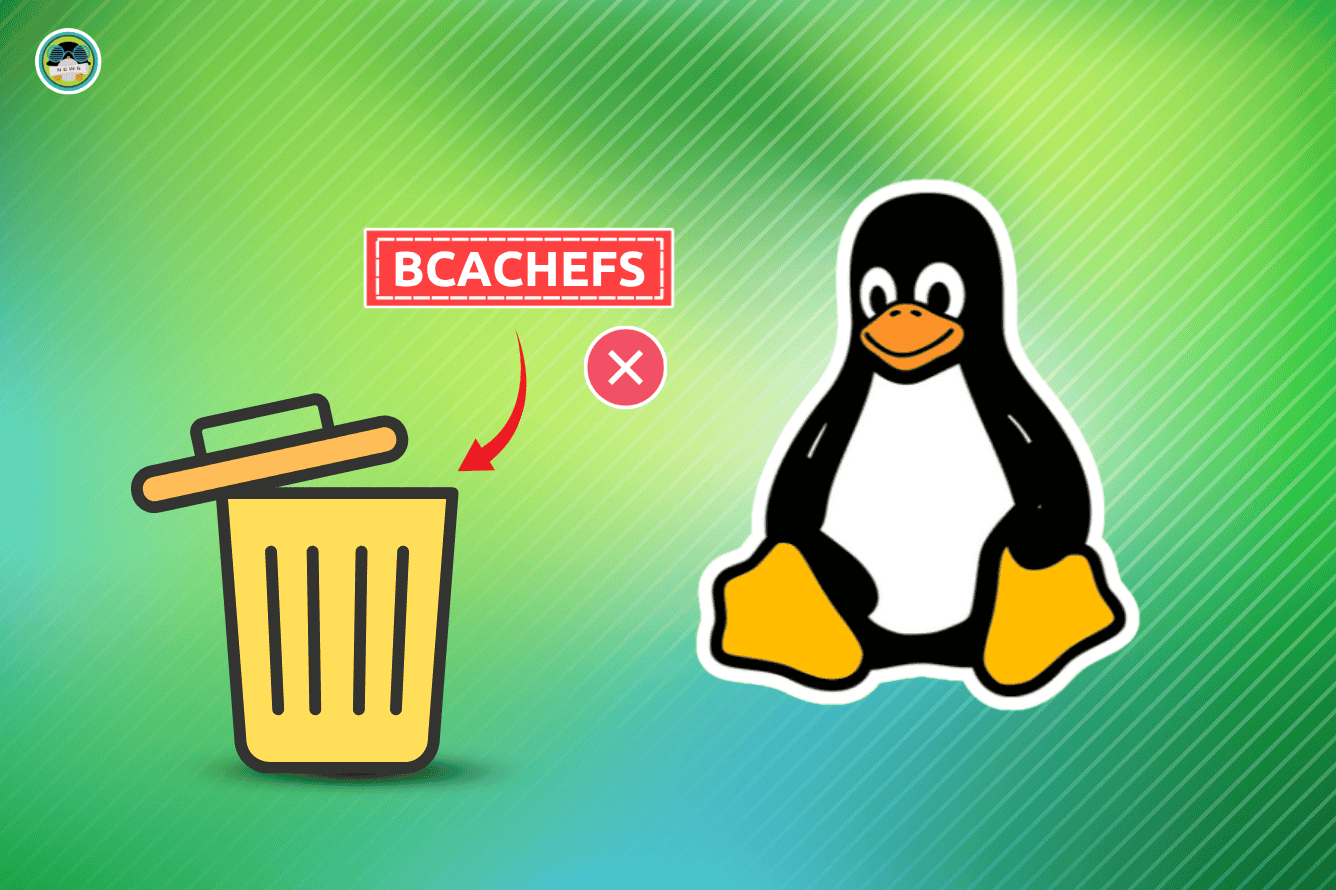Cross-Compiling Raylib Lisp Bindings and Games for Windows from Linux
This article details the process of cross-compiling C code and an SBCL Lisp program for Windows from Linux, using Wine to run a Windows SBCL within a Linux-based Emacs, and loading .dll files into the Lisp image to produce a .exe executable. The author outlines cross-compiling C code using mingw-w64-toolchain, configuring the Raylib library for cross-compilation to generate .dll files, installing and using SBCL within Wine, leveraging vend for dependency management, and finally using sb-ext:save-lisp-and-die to create the Windows executable.












